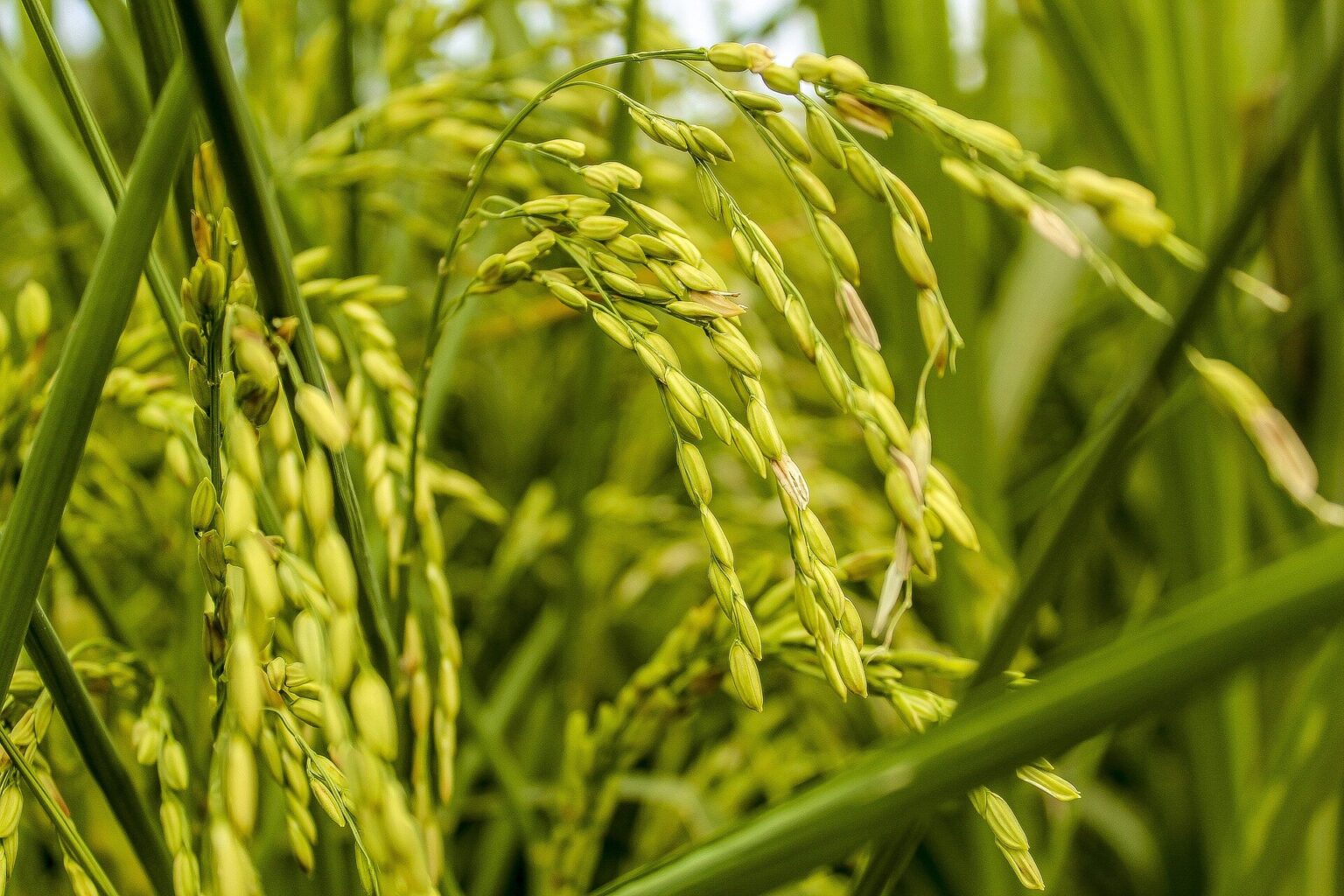Scientists have grown drought-resistant rice varieties on salty desert soil. Thus, they imitated the conditions on Mars. They were convinced that genetically modified plants could survive perchlorates in the soil, although it was not easy for them.

Genetically modified rice for Mars
Scientists from the University of Australia presented at the 54th Lunar and Planetary Scientific Conference a study in which they proved that genetically modified plants could survive in Martian soil. We are talking about varieties of rice specially modified in order to yield crops in arid regions on Earth.
The high concentration of perchlorates in the Martian soil, similar to ordinary table salt, but much more toxic to plants, is considered the main problem on the way to engage in gardening on the red planet as the hero of Andy Weir’s novel The Martian.
The team is able to simulate Martian soil using a mixture with a large amount of basalt mined in the Mojave Desert, which is called Mojave Mars Simulant, or MMS, developed by scientists from NASA and the Jet Propulsion Laboratory as an imitation of what plants will have to grow on Mars.
Experiment with plants
Scientists took three varieties of rice: two genetically modified to better withstand stress and adverse natural conditions and one obtained by traditional methods. Each of them was grown in MMS, in the usual soil for plants, as well as in their mixture.
Studies have shown that genetically modified rice, unlike unchanged rice, can grow in a mixture that mimics Martian soil. However, at the same time, its stems turn out to be low, and the yield is poor.
However, researchers are confident that genetically modified rice will be able to feed the Martian settlers. They found that replacing only a quarter of the Martian soil with an Earth mixture led to a significant improvement in the result.
Further plans
In the future, scientists want to continue experiments with genetically modified rice. They will try to grow other genetically modified varieties in conditions that are much more similar to Mars. For this, they use another mixture called Mars Global Simulant.
Scientists have already established that the maximum concentration of perchlorates above which even genetically modified rice does not grow is 3 percent. But at 1 percent, mutants may well grow and yield crops.
Now scientists want to find out what part of the perchlorates gets into plants at the same time, because they are also harmful to humans. In addition, the researchers plan to place the plants in a closed chamber that simulates the lighting and temperature on the red planet.
According to phys.org
Follow us on Twitter to get the most interesting space news in time
https://twitter.com/ust_magazine

